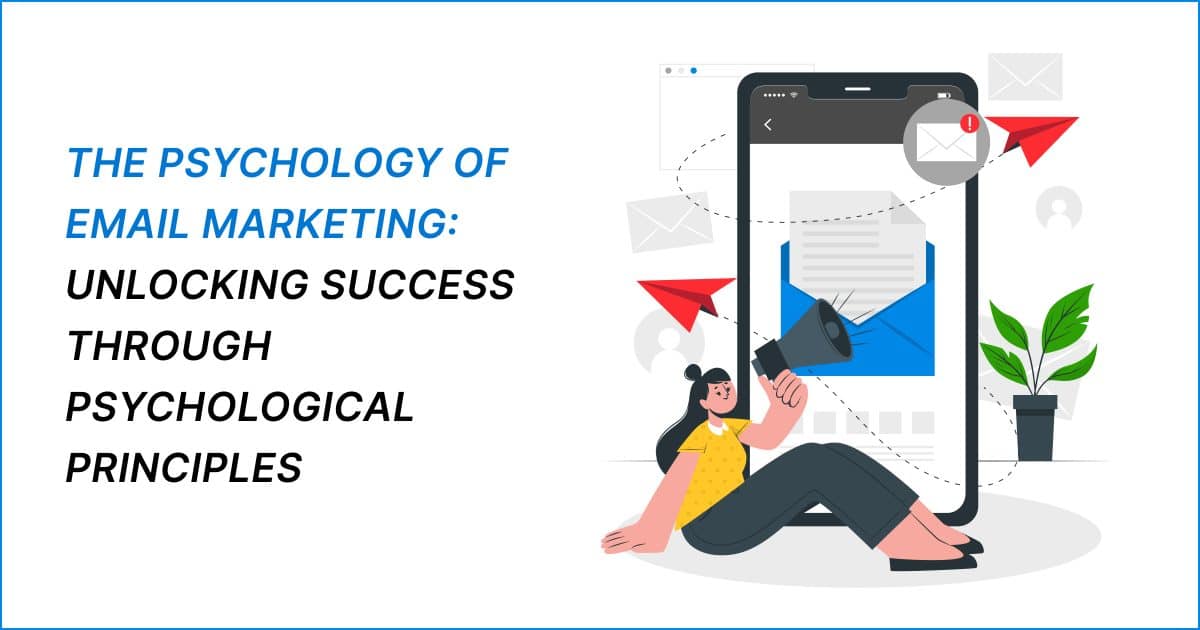Email marketing is not just about crafting catchy subject lines and persuasive copy; it’s also about understanding the underlying psychology that drives human behavior.
By leveraging psychological principles, businesses can create compelling email campaigns that resonate with recipients and drive desired actions.
In this article, we will delve into three key psychological principles that contribute to the success of email marketing: social proof, reciprocity, and scarcity.
Social Proof: The Power of Influence
Social proof refers to the tendency of individuals to look to others for guidance on how to behave in a particular situation. People are more likely to take action if they see that others have already done so. In the context of email marketing, social proof can be a powerful tool for boosting engagement and conversions.
To utilize social proof effectively, include elements in your emails that highlight the positive experiences and actions of others. This can be in the form of customer testimonials, reviews, case studies, or user-generated content. By showcasing real-life examples of people benefiting from your product or service, you tap into the psychological principle of social proof and instill confidence in your subscribers.
One common issue everyone faces is the legitimacy of the email lists to send the quality emails to. How to find the right application that offers high quality results? The answer is GetEmail.io. This is the whitepages for all the professional email addresses from around the world. It’s Chrome extension can help you find emails on Gmail, LinkedIn and even Salesforce!
Reciprocity: The Art of Giving and Receiving
Reciprocity is a fundamental principle of human interaction. It suggests that when someone receives something of value, they feel compelled to reciprocate in some way. In the context of email marketing, reciprocity can be harnessed to create a sense of goodwill and encourage recipients to take the desired action.
One way to implement reciprocity in your email campaigns is by offering valuable content, exclusive discounts, or free resources to your subscribers. By providing them with something of value upfront, you establish a sense of indebtedness. This can lead to increased open rates, click-through rates, and even conversions as recipients are more likely to reciprocate by engaging with your brand.
Scarcity: Triggering the Fear of Missing Out
Scarcity is a psychological principle that taps into people’s fear of missing out (FOMO). When something is perceived as limited or in short supply, its perceived value increases, and individuals are driven to take action to secure it before it’s no longer available. Scarcity can be a powerful motivator in email marketing.
In your emails, create a sense of urgency and exclusivity by highlighting limited-time offers, flash sales, or product scarcity. Use persuasive language that conveys the idea that the opportunity is fleeting and that recipients need to act quickly to avoid missing out. This can stimulate a sense of urgency, driving higher click-through rates and conversions.
Final thoughts:
Hiring expert email marketers can significantly boost your results. They bring specialized knowledge in crafting compelling messages, segmenting your audience for maximum impact, and utilizing advanced analytics to refine your strategies. Their expertise can help you achieve higher open rates, better engagement, and increased conversions.
By appealing to fundamental aspects of human behavior, you can create emails that resonate with recipients on a deeper level and drive the desired actions.
Remember to combine these principles with genuine value and authenticity. Build trust with your subscribers, provide personalized experiences, and continuously test and optimize your strategies.
Incorporate the psychology of email marketing into your campaigns, you will unlock greater engagement, increased conversions, and long-term success.


